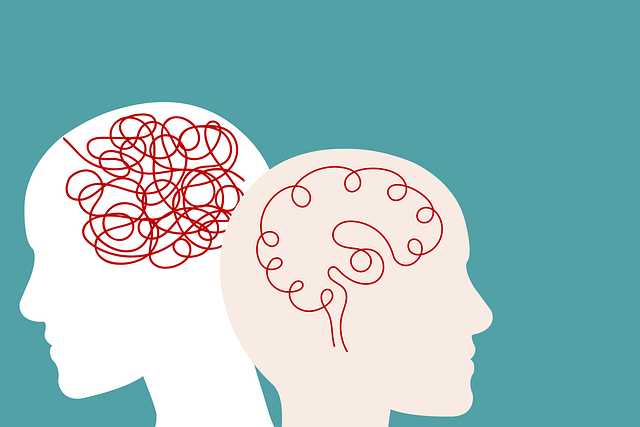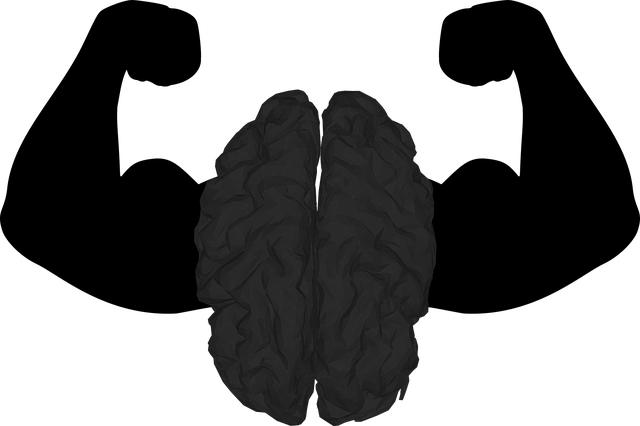Mental wellness is enhanced through holistic practices like Arvada Cognitive Behavioral Therapy (CBT), which provides tools for emotional regulation, stress management, and challenging negative thought patterns. Culturally competent healthcare and journaling are powerful self-care tools encouraged by CBT programs. Combining journaling with CBT techniques, such as compassion cultivation and perspective-taking, fosters personal growth, improves communication, and enhances mental wellness through self-reflection and structured routines.
“Unwind and reconnect with yourself through the transformative power of mental wellness journaling. In today’s fast-paced world, prioritizing our psychological health is paramount. This comprehensive guide explores how journaling can be a powerful self-care tool, offering a sanctuary for introspection and personal growth.
We delve into the benefits of Arvada Cognitive Behavioral Therapy (CBT) techniques tailored for journaling, helping you navigate thoughts and emotions effectively. Discover strategies to establish a structured routine, reflect on your progress, and unlock a deeper sense of well-being.”
- Understanding Mental Wellness and Its Impact on Daily Life
- The Power of Journaling as a Self-Care Tool
- Exploring Cognitive Behavioral Therapy (Arvada) Techniques for Journaling
- Creating a Structured Journaling Routine
- Reflecting and Tracking Progress: Unlocking Personal Growth
Understanding Mental Wellness and Its Impact on Daily Life

Mental wellness is a crucial aspect of overall health and well-being, encompassing emotional, psychological, and social aspects of an individual’s life. It significantly influences how one navigates their daily routines, relationships, and challenges. Understanding mental wellness involves recognizing that it is not merely the absence of mental illness but a state of flourishing where individuals can manage stress, maintain positive emotions, and reach their full potential.
In today’s fast-paced world, integrating practices like Arvada Cognitive Behavioral Therapy (CBT) can be transformative. CBT is an evidence-based approach that equips individuals with valuable tools for emotional regulation, enabling them to challenge negative thought patterns and behaviors. This therapy has proven effective in treating various mental health conditions and improving overall mental wellness. Additionally, fostering cultural competency among healthcare providers through training, such as Mental Health Policy Analysis and Advocacy, ensures that individuals from diverse backgrounds receive culturally sensitive care, further enhancing their journey towards optimal mental health.
The Power of Journaling as a Self-Care Tool

Journaling has emerged as a powerful self-care tool, offering individuals a safe and private space to explore their thoughts and emotions. This practice, often encouraged by Arvada Cognitive Behavioral Therapy (CBT) therapy programs, allows for profound self-reflection and emotional regulation. By putting pen to paper, one can unearth hidden patterns, process complex feelings, and gain valuable insights into their mental wellness journey.
Engaging in regular journaling practices supports stress management strategies, helping individuals cultivate a healthier relationship with their thoughts. This simple yet effective method empowers folks to take an active role in their emotional development. Moreover, it serves as a foundation for personal growth, making way for the exploration of new perspectives and facilitating positive changes through the development of mental wellness coaching programs.
Exploring Cognitive Behavioral Therapy (Arvada) Techniques for Journaling

Journaling is a powerful tool for self-reflection and personal growth, and incorporating techniques from Cognitive Behavioral Therapy (Arvada) can enhance its effectiveness. This form of therapy encourages individuals to identify and challenge negative thought patterns and replace them with more positive and realistic ones. When engaging in mental wellness journaling, you can apply these CBT principles by reflecting on your emotions and thoughts throughout the day.
One technique, known as compassion cultivation practices, involves writing about your experiences from a place of empathy and understanding. By practicing self-compassion, you can develop a healthier relationship with yourself, which is essential for managing stress and anxiety. Additionally, empathy-building strategies, such as trying to see situations from different perspectives, can enrich your journaling experience. These strategies promote better communication with others, as they encourage active listening and understanding in interpersonal relationships.
Creating a Structured Journaling Routine

Creating a structured journaling routine is a powerful tool for mental wellness, particularly when guided by evidence-based practices like Arvada Cognitive Behavioral Therapy (CBT). Start by setting aside dedicated time each day—say 15-30 minutes—to engage in this practice. Choose a quiet space where you can reflect without distractions. Your journal should be a safe, personal space; consider decorating it to make it enjoyable and inspiring. Begin with simple prompts like describing your emotions or highlighting small victories. Over time, incorporate empathy-building strategies recommended by mental health policy analysis and advocacy experts to deepen your insights.
For instance, write about situations that triggered negative thoughts and attempt to reframe them using CBT techniques. This routine should evolve with you; feel free to adjust formats, add new prompts, or switch things up based on your evolving needs. Regular journaling can enhance self-awareness, foster resilience, and even improve communication skills—all beneficial aspects of mental wellness. Just as a well-produced Mental Wellness Podcast Series can educate and inspire listeners, consistent journaling allows you to track your progress, celebrate achievements, and provide valuable data for further understanding yourself.
Reflecting and Tracking Progress: Unlocking Personal Growth

Journaling offers a powerful tool for personal growth and reflection, especially when coupled with cognitive behavioral therapy (Arvada CBT) techniques. By regularly documenting thoughts, feelings, and experiences, individuals can gain valuable insights into their mental wellness journey. This process allows one to track progress, identify patterns, and uncover underlying issues contributing to stress or emotional challenges.
For instance, healthcare providers undergoing cultural competency training or struggling with burnout prevention strategies might find journaling therapeutic. It facilitates self-awareness, enabling them to process complex emotions and develop healthier coping mechanisms. Through consistent reflection, professionals can enhance their emotional healing processes, improve work-life balance, and provide more compassionate care to their patients.
Mental wellness journaling is a powerful tool that combines the therapeutic benefits of self-reflection with the structured approach of Arvada Cognitive Behavioral Therapy. By incorporating regular reflection and tracking of thoughts, emotions, and progress, individuals can unlock personal growth and significantly improve their overall mental well-being. This simple yet effective practice has the potential to transform lives, making it a valuable addition to any self-care routine.














